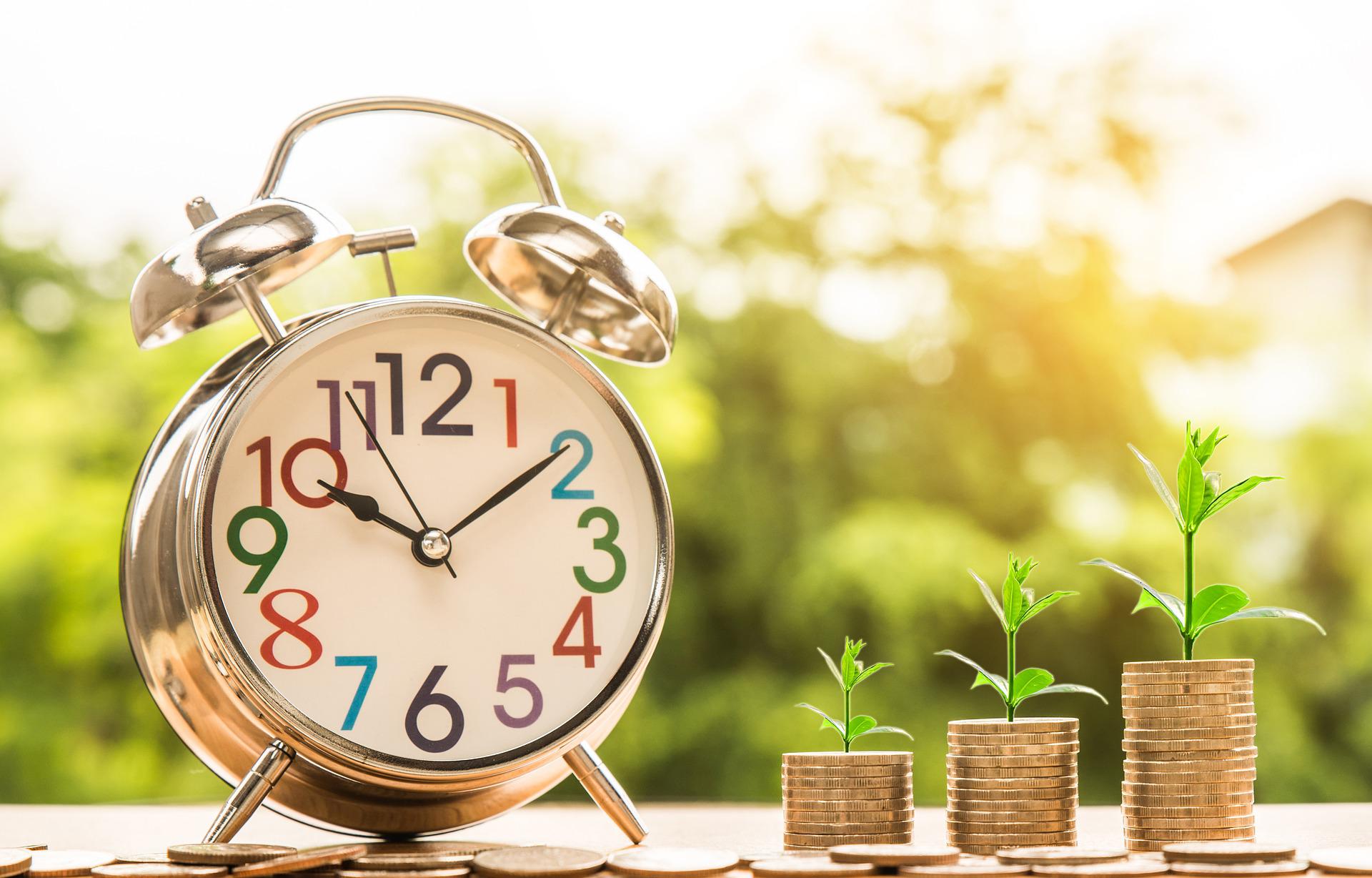For Frank Elderson of the European Central Bank, “the weakening of the incoming data does not suggest to date that we are entering a recession and we expect inflation to decline. It will all depend on how the war evolves and the impact of sanctions”.
However what if we do enter one? Are we ready to change or adjust our investment strategies accordingly?
First, we need to clarify that there are at least 4 different types of recession and the optimal investment strategies change from one to the other.
A recession can be a:
- demand recession
- supply recession
- bubble recession
- recession from isolation
Demand recession
This is the oldest and most classic form of implosion of an economic system. The recession is caused by a collapse in aggregate demand. Although the causes may be endogenous or exogenous, the final result does not change.
The vacuum of demand that is created, in fact, produces a collapse in GDP and a fall in prices. In the most serious cases, the economic downturn from demand turns into depression, as happened in 1929.
Economic policies
State interventionism, especially through fiscal policy, is fundamental. The public demand for goods and services, in short, is able to compensate for the private one, pushing the economic engine.
Optimal investments
In economic demand recessions, long-term and fixed-rate bonds are the ideal investment. The drop in demand will, in fact, generate deflation, making bonds appreciate.
Supply recession
An economic supply recession creates, at the same time, a reduction in GDP and inflation. In particular, this is due to a supply shock, which recedes. Production falls, while demand remains high.
In this context, the market will find an equilibrium with higher prices and less well-being. An example of an economic supply recession occurred in 1973, due to the increase in the price of oil.
Economic policies
There is no optimal economic policy recipe in the event of a supply recession. A fall in interest rates, in fact, would push aggregate demand. This would create further inflation.
An expansionary fiscal policy would have the same effect.
Optimal investments
The optimal investments in this phase are inflation-linked bonds. In short, they make it possible to adjust interest and capital to the new general level of prices.
Stocks are also favored. Since they represent real assets, they should appreciate in this scenario.
Bubble recession
The bubble recession is linked to the financial markets. Although the 1929 crisis also depended on a financial bubble, this is a different phenomenon.
In 2008, for example, the debt bubble burst, triggered by an escalating, self-sustaining spiral. A bubble recession is insidious, as it undermines people’s confidence in the economic and political system.
Economic policies
Bubble recessions are characterized by a lack of liquidity. A strong and decisive intervention by central banks is therefore needed. Thanks to the introduction of new money into the system, the economy will be able to restart.
The uncontrolled injection of liquidity, however, risks creating inflation.
Optimal investments
Panic is rampant during bubble recessions. For this reason, the preferred asset is safe-haven assets. Gold, for example, tends to grow in these phases.
Recession from isolation
The recession occurs following, for example, a health crisis like the one of 2020. This, in particular, creates a symmetrical shock on both the demand and supply sides.
The production block generates a drop in supply. While this can create inflation, we also need to look at what happens on the demand side.
This, in turn, decreases due to the blocking of the circulation of goods and people. The final effect will therefore be inflationary or deflationary, depending on the case.
Economic policies
There are no adequate economic policies. In fact, the recession stems from a health emergency, which must be overcome. Political authorities can only facilitate the return to normalcy. However, the cause of the crisis must end for the recession to end.
Optimal investments
Fear for one’s health and uncertainty about the future depress all asset classes. Unfortunately, there are no optimal investments during isolation recessions.


[…] Find out how to invest during a recession. […]
[…] an increase in rates represents an attempt to cool off the economy, though without falling into a recession, and bring inflation to controllable levels. Indeed, experts believe that current inflation is […]